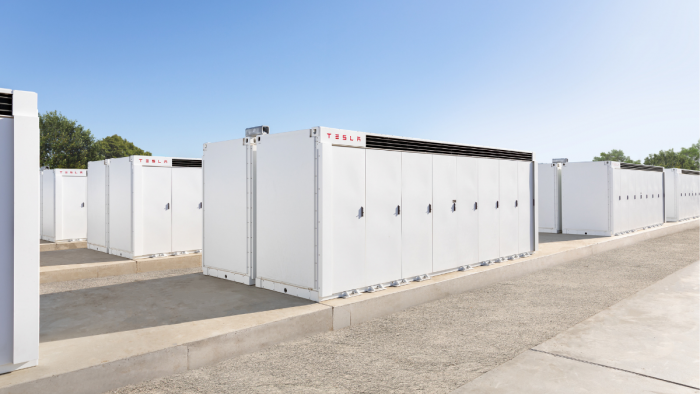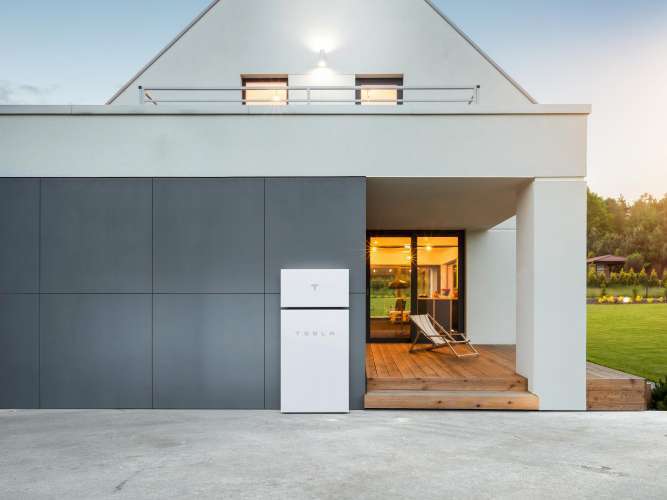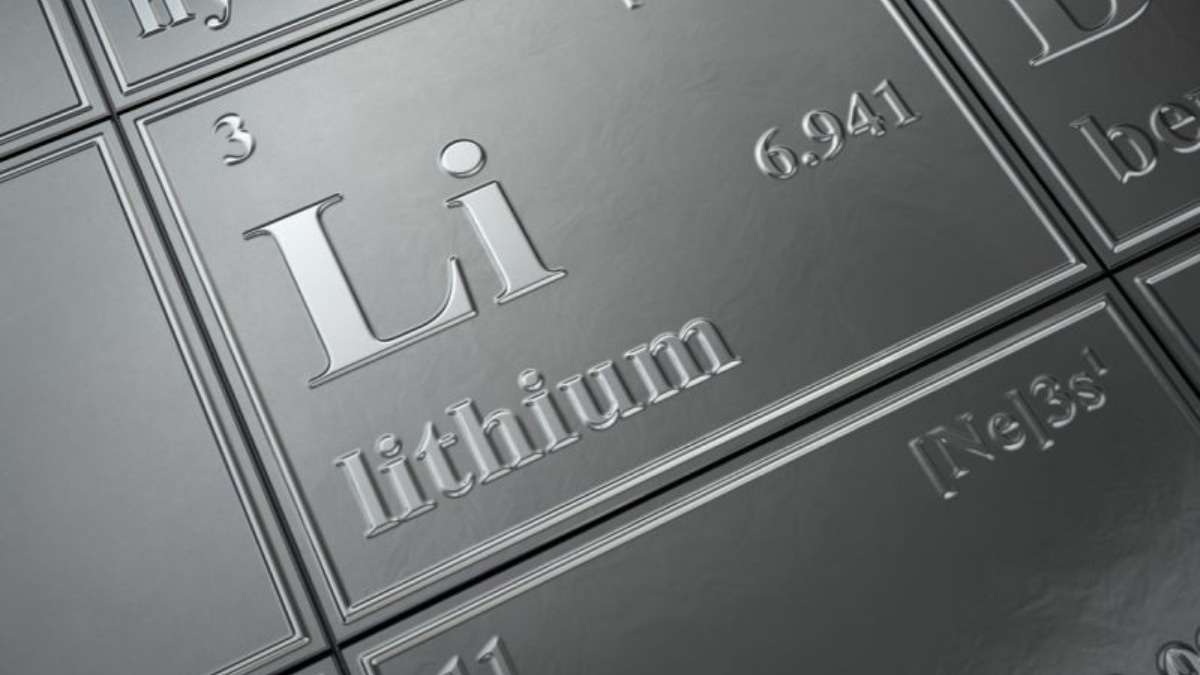This new technology has been named “Condensed Battery”, which is expected to have high enough characteristics for extremely intensive applications such as electric airplanes, and which by the way, will also accelerate the transformation of the electric vehicle industry for both cars and trucks/vans. This new CATL battery will have high security and high energy density; and according to the manufacturer the cell might actually reach a very significant 500 Wh/kg: a figure that can be directly compared with the 272-296 Wh/kg achieved by Tesla's new 4680 cells.
To achieve this, CATL has indicated during the presentation that they "… have designed a micrometer-scale adaptive mesh structure that regulates the forces of interaction between chains for changes in electrochemical reactions of ultra-high energy density chemistries", among other details. The battery also features a number of innovations in insulation layers, as well as innovative processes, including a high-energy cathode and a new type of anode.

Interestingly, CATL is currently working on a civil electric aircraft project development, and is implementing aerospace-grade standards in the process to meet the quality and safety requirements of this type of application. The most interesting thing is undoubtedly that these batteries are not a promise of the future or some sort of a “miracle battery”, and despite the fact that many details remain to be known, the fact is that the very president of CATL has indicated that mass production will actually begin at the end of this year; therefore these cells are scheduled to begin actual deliveries to customers at the beginning of 2024.

The Condensed Battery technology by CATL is clearly set to revolutionize multiple industries with its high capacity, energy density, and security features. Increasing the efficiency of electric vehicle charging, the innovative battery is expected to significantly reduce range anxiety faced by electric car users. Its potential applications are extensive, as mentioned before, stretching from consumer vehicles to electric airplanes and commercial trucks, opening up new possibilities for sustainable travel.
CATL has launched a condensed matter battery with a cell energy density of up to 500Wh/kg. Unlike black technology startups, CATL is the world's largest battery supplier and Tesla's most important supplier. pic.twitter.com/kPE6XyLnJ3— Chris Zheng (@ChrisZheng001) April 19, 2023
In anticipation of the upcoming mass production, CATL has been collaborating with various stakeholders in the automotive and aerospace sectors. By aligning with key players, the company is positioning itself for rapid integration within the industry. This groundbreaking battery technology is generating excitement in the market as it accelerates the transition toward cleaner energy solutions on both land and air, setting a new standard for eco-friendly transportation. We identified 9 benefits of the new technology:
1- Faster adoption of electric vehicles: As the Condensed Battery addresses range anxiety and charging efficiency, there will likely be an increased number of people turning towards electric vehicles, boosting the overall market growth.
2- Longer-range electric airplanes: With higher energy density, CATL's battery technology is ideal for electric aviation, encouraging faster development and adoption of electric aircraft, ultimately reducing carbon emissions from the aviation sector.
3- Expanded applications in heavy-duty transportation: Electric trucks and vans still face limitations in battery technology when it comes to weight and energy density. The Condensed Battery could facilitate more efficient electric heavy-duty transportation, further decreasing carbon emissions from the logistics industry.
4- Increased investments in renewable energy: As this innovative battery technology opens up new possibilities for longer-lasting and more efficient energy storage, it can attract greater investments in renewable energy projects such as solar and wind farms, contributing to global carbon reduction efforts.
5- Advancements in battery technologies: CATL's Condensed Battery will encourage further research and development into more advanced and efficient battery technologies by competitors, benefiting the whole industry and pushing forward ongoing innovations.
6- Strengthening the energy storage market: The high energy density and efficiency of the Condensed Battery could also impact the stationary energy storage market and grid-scale applications, promoting the widespread use of renewable energy sources and better management of supply and demand.
7- Accelerated commitment to sustainability: As clean and efficient energy solutions like the Condensed Battery become more readily available, it sets a precedent for other companies to prioritize sustainability in their product development, fostering increased commitment to eco-friendly practices across various industries.
8- Creation of new jobs and markets: The widespread adoption of CATL's innovative battery technology will likely create new job opportunities in electric vehicle manufacturing, electric aviation, renewable energy, and battery research and development, further propelling the growth of the sustainable energy sector.
9- Enhanced collaboration between industries: As companies in the automotive, aerospace, and energy sectors begin to integrate the Condensed Battery into their products and systems, there will likely be increased collaboration and partnerships to facilitate the development and implementation of comprehensive, sustainable solutions.
With an energy density of up to 500 Wh/kg, our innovative condensed battery can achieve high energy density and high level of safety at the same time in a creative manner, opening up a brand-new electrification scenario of passenger aircrafts. More: https://t.co/PtMfVu2L9P pic.twitter.com/KERHlgw7kJ— CATL (@catl_official) April 19, 2023
The introduction of CATL's Condensed Battery technology has the potential to significantly impact various industries, addressing critical challenges faced in the transition towards more sustainable energy practices. CATL's groundbreaking innovation serves as a reminder that, with persistent research and development, we can continue to advance technologies to create a cleaner, more sustainable world for generations to come.
Source: CATL
All images courtesy of Tesla Inc.
Nico Caballero is the VP of Finance of Cogency Power, specializing in solar energy. He also holds a Diploma in Electric Cars from Delft University of Technology in the Netherlands, and enjoys doing research about Tesla and EV batteries. He can be reached at @NicoTorqueNews on Twitter. Nico covers Tesla and electric vehicle latest happenings at Torque News.





